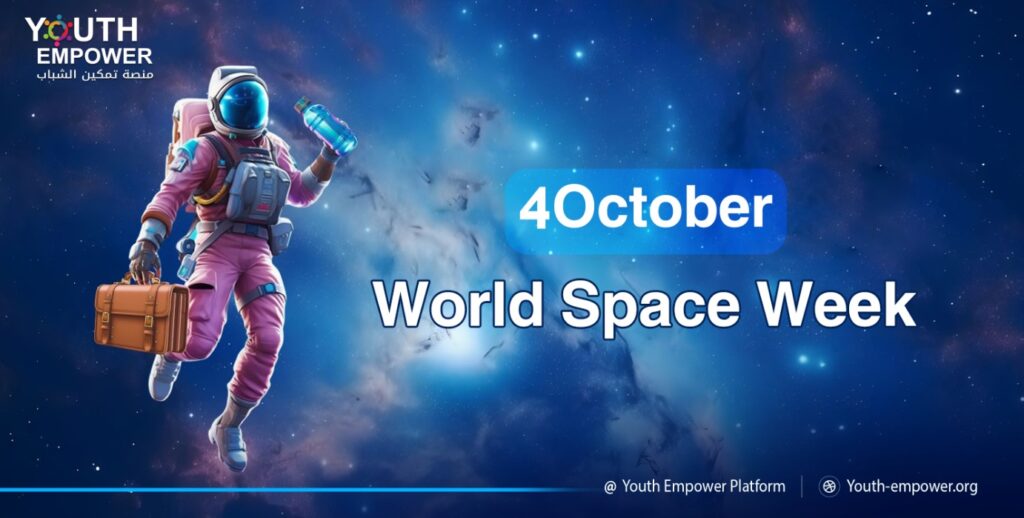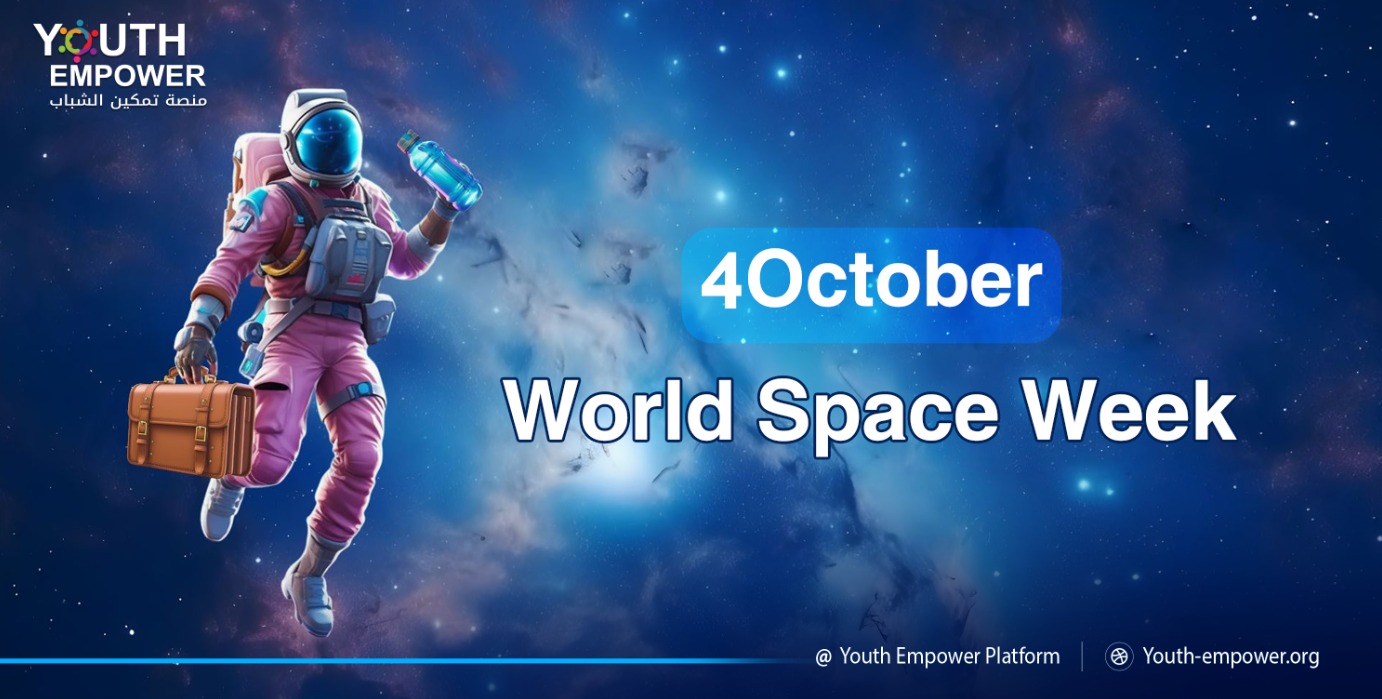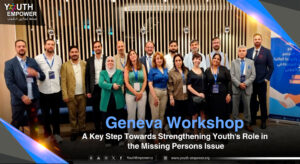World Space Week October 4-10
World Space Week is celebrated annually from October 4 to 10, established by the United Nations General Assembly through Resolution A/RES/54/68 in December 1999. These dates commemorate two significant historical milestones in space exploration: the launch of the first satellite, “Sputnik 1,” by the Soviet Union on October 4, 1957, and the signing of the Outer Space Treaty on October 10, 1967. This week not only celebrates space achievements but also raises awareness of the role space plays in improving human life and advancing technology.

Historical Significance of World Space Week
Space exploration gained momentum in the mid-20th century, particularly during the space race between the United States and the Soviet Union. The launch of “Sputnik 1” was a pivotal event as it became the first satellite to leave Earth’s atmosphere, paving the way for subsequent space missions. A decade later, the signing of the Outer Space Treaty became the first international agreement aimed at regulating the use of outer space and preventing it from becoming a battleground for military tensions.
Objectives of World Space Week
World Space Week includes a variety of activities aimed at achieving several objectives:
- Raising public awareness: Increasing understanding of space’s role in daily human life, such as global communications, weather monitoring, and Earth sciences.
- Promoting international cooperation: The week encourages partnerships between nations to develop space activities, enhancing scientific and technological collaboration globally.
- Inspiring youth: Space serves as a source of inspiration for young people, encouraging them to pursue careers in science, technology, engineering, and mathematics (STEM), which are vital for fostering innovation and progress in these fields.
The Role of Space in Societal Development
Space is not just a new frontier for scientific exploration but also a valuable resource for technologies we use daily.
Satellites today play a major role in:
Global communications: Satellites provide communication services worldwide, connecting remote communities and making information accessible.
Environmental monitoring: Satellites help monitor climate changes, track natural disasters like hurricanes, floods, and earthquakes, enabling preventive measures.
Education: As technology increasingly integrates into education, satellites provide internet access and educational resources to students in remote areas, enhancing opportunities for all.
Youth and Space: Empowerment and Future Roles
The Youth Empower Platform views space as a crucial field for inspiring youth toward innovation and creativity. Its vision includes engaging young people in space-related projects and programs as part of empowering them in scientific and technological fields. Space offers a vast field for research and discovery, presenting an invaluable opportunity for youth interested in sciences, engineering, and mathematics. By encouraging youth to explore space, they can contribute to scientific and social advancement, playing a key role in future development.
Challenges Facing Youth in the Space Sector
Despite the opportunities, young people face several challenges in accessing space programs and projects, including:
Lack of educational resources: Many youth, particularly in developing regions, lack the resources needed to learn about space science and related technologies.
Funding: Space projects require substantial funding, limiting youth participation unless grants and financial support are provided.
Bureaucratic and legal obstacles: Bureaucratic and legal restrictions in the space sector can hinder youth innovations, especially in developing countries.
The Growth of Space Activities in the Arab World
Arab countries have gradually entered the space field. For example, the establishment of the UAE Space Agency and the launch of the first Arab probe to Mars in 2020 reflect the Arab world’s ambition to catch up with space development. This opens wide horizons for Arab youth to contribute to this vital sector.
World Space Week and the Future of Youth
The future of space exploration largely depends on young generations, as government and corporate investments in educating and training youth in space technology can lead to a new scientific revolution. Educational institutions can play a key role by providing opportunities for young people to explore these fields through hands-on programs and training in space technologies.
World Space Week is not just a celebration but a call for global efforts toward responsible and sustainable use of space.
By empowering youth and providing them with the right opportunities, space can play a significant role in achieving sustainable development.
Space represents the future of humanity, and youth are the key to making that future a reality.
Follow us on social media:




